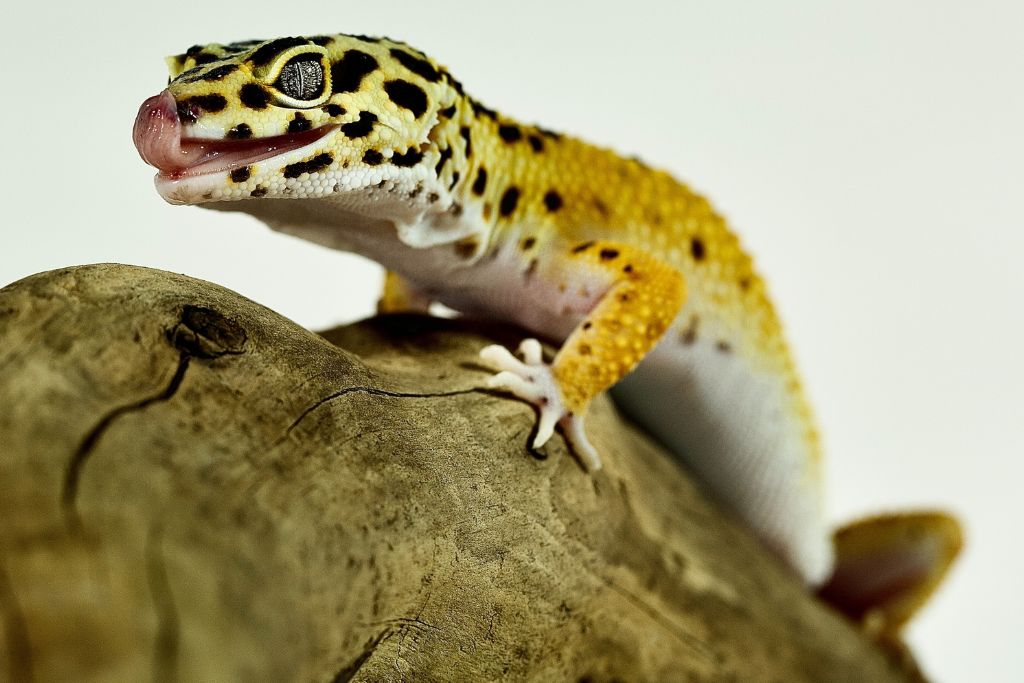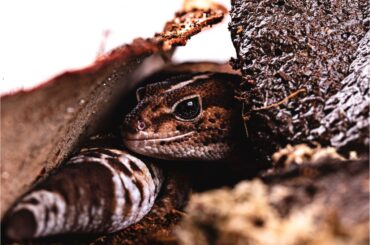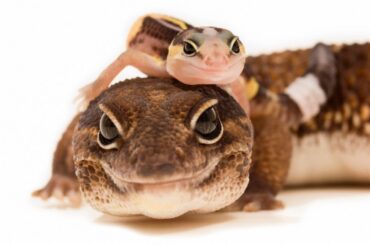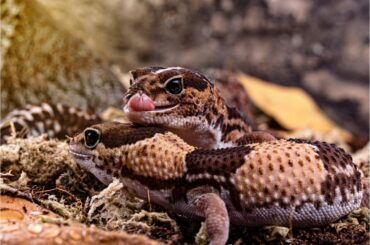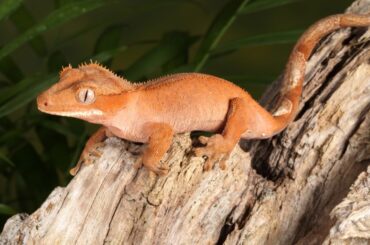Have you ever wondered why leopard geckos are such popular pets? Are you aware of the health problems they can face, like impaction? Do you know how to care for a leopard gecko if it gets sick? If you have or plan to get a leopard gecko, these questions might be interesting to you.
People pick leopard geckos as pets for their color, friendliness, and ease of care. But these amazing animals have special needs and can get certain health problems, like impaction.
If you own a leopard gecko, read this article. It explains what impaction is, why it happens, and how to keep your pet healthy.
What is Leopard Gecko Impaction?
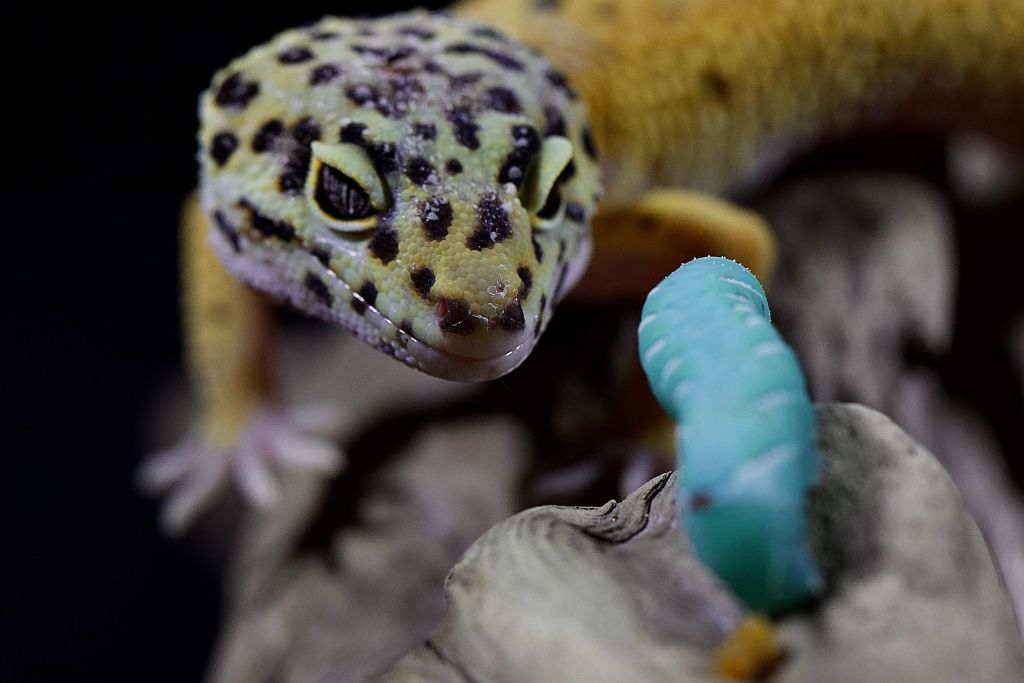
Impaction occurs when an indigestible object gets lodged in the gecko’s digestive system. Sand, rocks, and hard food pieces are often what the gecko can’t digest.
Leopard geckos naturally live around rocks and sand in the wild. They eat insects and sometimes swallow small rocks or sand by mistake. This natural behavior can cause health issues in a home setting.
If you own a leopard gecko, you need to understand impaction. Know what to feed them and what to place in their cage to prevent it. Also, you need to know what actions to take if it occurs, as this can save your pet.
Common Causes of Impaction in Leopard Geckos
Understanding the reasons behind impaction in leopard geckos is crucial for prevention. Let’s delve into several common factors.
Improper Substrate Choices
The choice of ground material, or substrate, within your gecko’s habitat can lead to impaction. Utilizing loose or indigestible substances, such as sand or tiny gravel, increases the risk of accidental ingestion by your gecko. These materials can become lodged in their stomach, resulting in illness.
A more suitable option involves using paper towels or reptile carpets as substrate. These materials are safe for your gecko and minimize the likelihood of impaction.
Inadequate Feeding Practices
What you feed your gecko is essential, too. If you give them food that’s too big or not right for them, they can get impaction. For example, a large insect that’s too hard for them to chew can get stuck.
Make sure to feed your gecko insects that are the right size. A balanced diet with different types of insects is also good. This helps prevent impaction and keeps your gecko happy.
Presence of Foreign Objects
Geckos occasionally consume items they shouldn’t. Small household objects, like rubber bands or miniature toys, pose a threat. Accidental ingestion of such objects can lead to impaction in geckos.
Recognizing Symptoms of Impacted Leopard Gecko
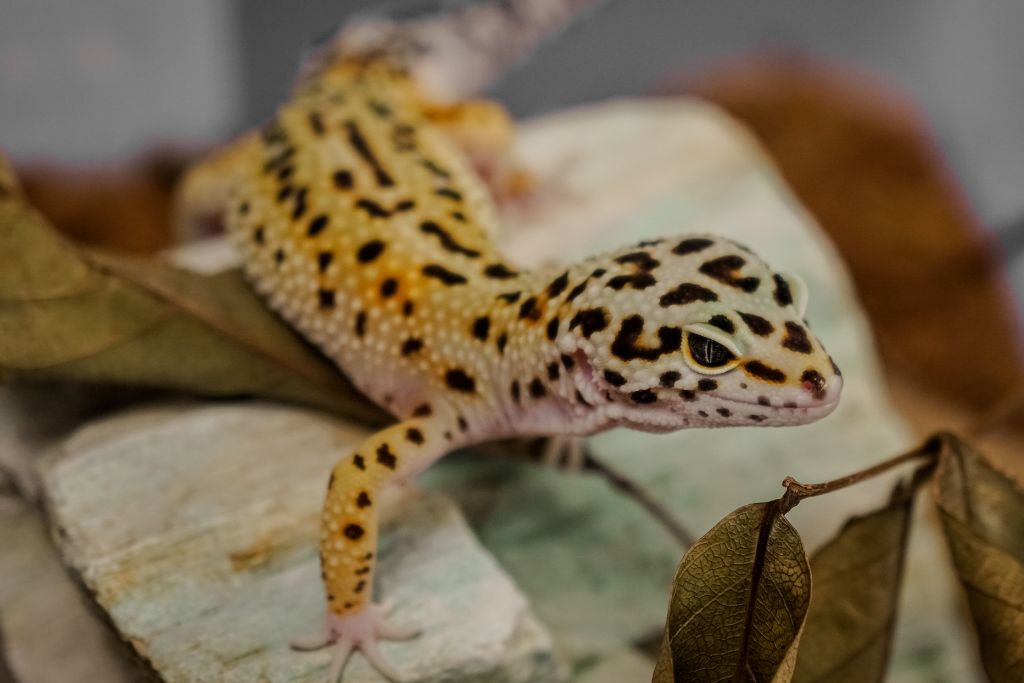
Know the signs of impaction if you have a leopard gecko to help if it gets sick. Let’s look at some common symptoms of impaction in leopard geckos.
- Loss of Appetite: Your gecko might stop eating more than usual.
- Bloating: You might notice that your gecko’s belly looks bigger and feels hard.
- Changes in Behavior: Your gecko might act differently, like being tired or not moving around as much.
- Trouble Going to the Bathroom: If your gecko has difficulty going to the bathroom or doesn’t go at all, it might have impaction.
- Weight Loss: Even though the belly might look more prominent, your gecko might lose weight in other parts of its body.
- Pain: Your gecko might look in pain, especially around its belly.
Addressing Leopard Gecko Impaction
Caring for a leopard gecko that’s suffering from impaction can be worrisome, but having a plan of action can make a significant difference in their recovery. Here’s a comprehensive guide on how to address impaction in your pet, covering immediate steps and veterinary treatments.
Immediate Steps to Take
Act fast if you think your gecko has impaction. Remember the following first-aid measures:
- Avoid Force-Feeding: If your gecko resists eating, don’t force it, as this can worsen the issue.
- Reptile Vet Visit: Consult a vet experienced in reptile care to assess and guide treatment.
- Ensure Hydration: Provide water and warm baths to maintain hydration and aid in digestion.
Veterinary Treatment Options
Reptile-specialized veterinarians can provide various treatments for a gecko with impaction. These treatments can vary:
- Diagnostic X-Rays: Obtain X-rays to visualize the problem internally and guide treatment.
- Medication: Vets may prescribe laxatives or digestive aids to ease discomfort.
- Surgery if Needed: In severe cases, surgical removal of the impaction might be recommended.
- Diet Adjustment: Modify the diet under vet guidance to aid recovery and prevent future impactions.
Preventive Measures
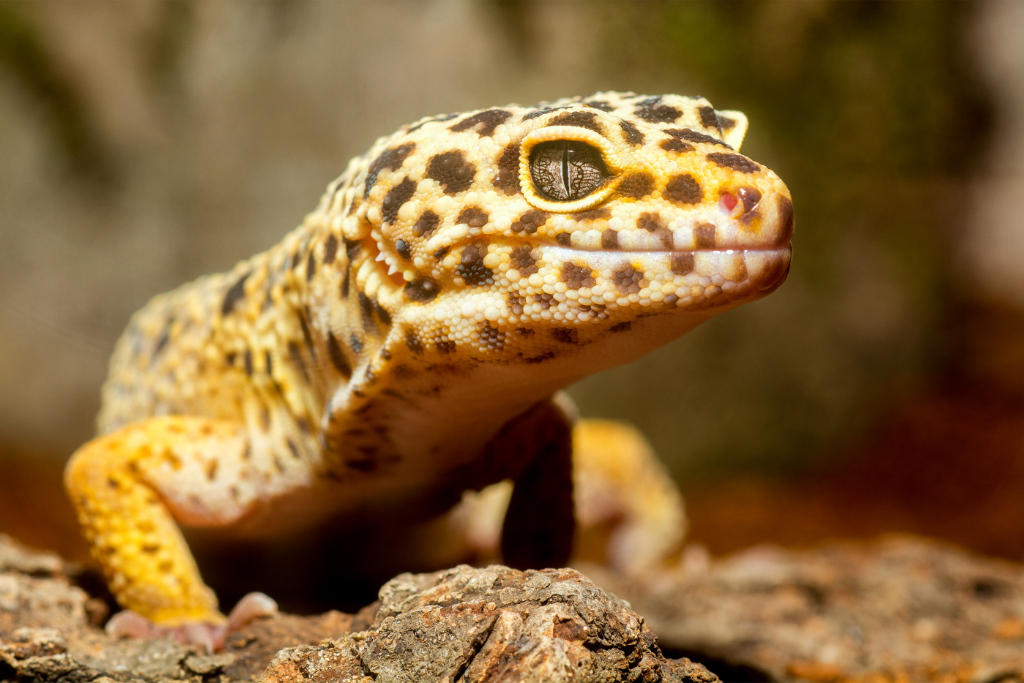
Keeping your leopard gecko healthy means preventing problems before they start. Impaction is a severe issue, but you can take steps to stop it from happening. Let’s explore some preventive measures for leopard gecko impaction.
Proper Enclosure Set-Up
The way you set up your gecko’s home can keep it from getting impaction. Use safe materials on the floor, like paper towels or reptile carpets. Avoid sand or small gravel that your gecko might eat.
Keep the temperature between 75 and 90℉; temperature and humidity are essential. A humidity gauge ensures the air isn’t too dry or wet. A healthy home helps your gecko stay healthy and can prevent impaction.
Feeding Best Practices
Feeding your gecko the right way is another key to preventing impaction. Always give your gecko food that’s the right size. Mix different insect types to ensure your gecko gets everything it needs.
Gut loading and dusting prey with supplements are also significant. Gut loading means feeding the insects good food before you give them to your gecko. Dusting means putting vitamins and minerals on the insects. These practices make the food more nutritious for your gecko.
Conclusion
Owning a leopard gecko is a rewarding but challenging experience. Understanding its needs and being alert to health issues, like impaction, are crucial for its well-being. A good home and the right diet are key to keeping your pet healthy and happy.
Love and care significantly impact your gecko’s life. Use the insights from this article to build a nurturing environment for your pet. By taking these steps, you’re setting the stage for your gecko to have a long, fulfilling life
FAQs
What are Leopard Gecko Impaction Symptoms?
Impaction symptoms include loss of appetite, bloating, changes in behavior, trouble going to the bathroom, weight loss, and pain.
What Does Leopard Gecko Impaction Poop Look Like?
Impaction might cause the poop to look different, like being very hard or not coming out.
What Does an Impacted Leopard Gecko Belly Look Like?
An impacted belly might look more prominent and feel stiff. It can also be painful for the gecko.
How Can I Prevent Impaction in My Leopard Gecko?
Prevent impaction by using safe materials in the enclosure, feeding the right size and type of food, and keeping the temperature and humidity at proper levels.
What Should I Do if I Suspect My Leopard Gecko has Impaction?
If you suspect impaction, don’t force-feed your gecko. Take it to a reptile veterinarian, and ensure it stays hydrated. Immediate professional care is essential.

